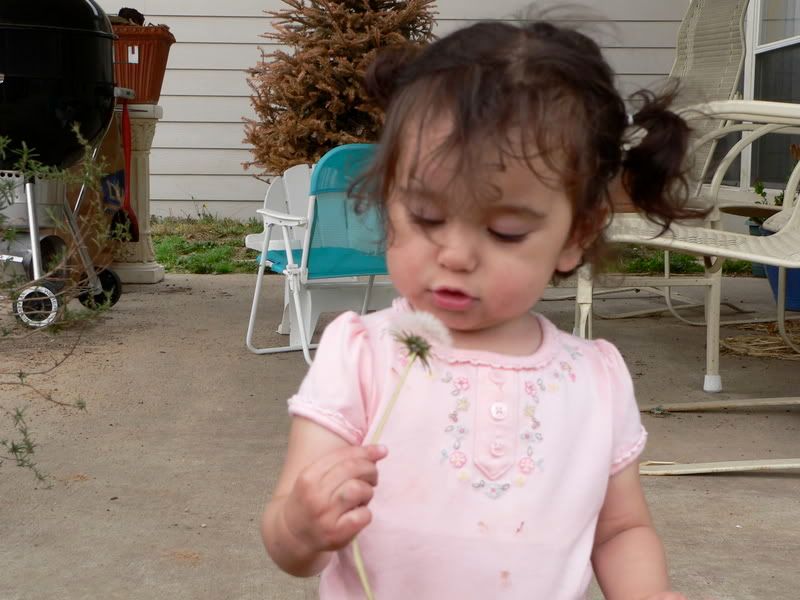*Updated* So really, you don't have to read the book first to comment...if you have any thoughts or reactions based upon what I shared with you about the book or from the quotes, I'd love to hear them!
When was the last time you read a book where you felt like you underlined most of it? For me, it was Dick Staub’s latest book, The Culturally Savvy Christian. I enjoyed Staub’s passionate appeal to Christians to be deep in their faith and relevant to society, both. He leaves no room for it to be an either or decision; it is both.
The underlying premise of the book is encapsulated in this quote:
We live in a superficial popular culture, soulless, spiritually delusional, and driven by celebrity. Today’s Christianity has taken on those same qualities. Because we are created in God’s image, with spiritual, intellectual, creative, moral, and relational capacities, we will never be satisfied with a superficial, mindless culture or religion; the result is that religious and irreligious people alike are experiencing deep spiritual hunger.
Staub then goes on to lay out his response to the question, how then do we change?
1. We must be deep Christians, drinking deeply from the living water, making God the central importance in our lives and the cross the center of our personal story.
2. We must become fully human, which to Staub means allowing God to restore us to His original intent - not salvation or the evangelism of others, but to glorify Him through reflecting His image. This requires that we present our bodies as living sacrifices to Him, stop conforming to the world and renew our minds. Staub also points out that “our call to become fully human is a direction, not a promise of perfection.” We are not done with our changes until we reach heaven.
3. We must love others with an unconditional, transforming love. That love should be embodied in our actions, ideas, beliefs, our public and our private lives.
4. We must be discerning about culture, “discovering points of disagreement between our faith and culture by listening to both, then choosing a path that pleases God.” We must practice “selective acculturation, allowing ourselves to experience resonance with art that connects us with the joy pain and realities of our fellow humans, while also identifying and guarding against dissonant values, ideas, belief and behavior.”
5. We must build community with other believers, because we are all aliens in this world. We long for a place to be encouraged, to fellowship and to belong.
6. We must observe the culture we live in (almost like anthropologists) so that we can find the most effective entry point for each person or group and communicate using an appropriate language and illustrations. We must also care deeply about people. We bridge cultural knowledge to our Christian experience and understanding.
Staub ends with a chapter to artists and creatives, saying they will lead us into the “cultural renaissance” we’ve been waiting for. He offers some good insights and advice to artists (used broadly), particularly around being authentic and striving for excellence, not just trying to be “Christian.” He offers a quote from CS Lewis saying “we don’t need Christian writers, we need great writers who are Christian.”
If I had to cite anything negative about the book, it would be that Staub uses an overwhelming number of quotes (albeit some great quotes), and sometimes references the same quote multiple times. During the first section of the book, he comes off as a little preachy, but I chalk that up to his passion for the topic.
I was pleased that he offered solutions, not just complaints about society and Christianity. I also appreciated his unwavering support of being strong in your faith, and at the same time understanding the culture.
I highly encourage you to pick up this book and read it. When you do, come back and tell me what you think. Personally, I’m excited and energized about being a “culturally savvy Christian.”
A few more quotes (among many, many) I appreciated:
“People who believe they know the truth need to realize that cultural influence requires more than knowing the story; it requires telling it thoughtfully and artistically. Never has there been a greater need for wise, gifted storytellers who understand the story we are in and can communicate a better way gracefully and truthfully.”
“Today, the toughest test we can apply is to ask whether the media items we consume represent the highest and best spiritually, intellectually and aesthetically.”
“Culturally savvy artists do not expect their work to be accepted because they are Christian, but because their art is good.”


